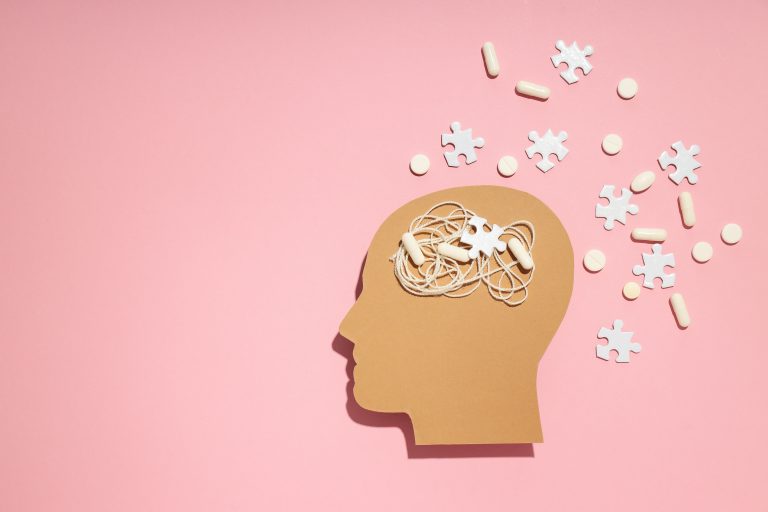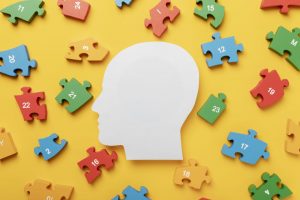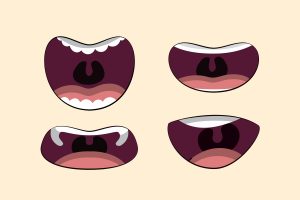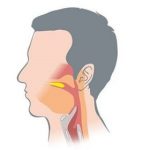CHILD AND ADULT SPEECH THERAPY
Speech therapists work with both adults and children/adolescents, specializing in the evaluation, diagnosis, and treatment of communication, speech, language, voice, hearing, swallowing, and related cognitive disorders. At our center in Marbella, we also provide guidance to families and caregivers on how to best support individuals with such conditions.
Speech therapy not only addresses reading, writing, and speech difficulties, but also swallowing disorders, brain injuries, strokes, dementia, cognitive and communication impairments, cerebral palsy, and more.

SPEECH THERAPY SERVICES
Dyslexia Treatment:
Children with dyslexia need specific, direct reading instruction. Treatments vary depending on the type of dyslexia, but most focus on strategies to develop phonological awareness and other reading-related skills.
ADHD Treatment (Attention Deficit and/or Hyperactivity Disorder):
ADHD is a neurobiological disorder that begins in childhood and involves patterns of inattention, hyperactivity, and/or impulsivity. It is often associated with other conditions.
Treatment must be multimodal and individualized, considering both the patient and their family. The goal is to reduce symptoms, minimize complications, and lessen the disorder’s negative impact on the patient’s life and environment.
Speech and Language Therapy:
For individuals who have difficulty speaking, articulating sounds, using language effectively, or who present fluency disorders such as stuttering.

Autism Spectrum Disorder (ASD) Treatment:
ASD is a chronic neurological condition with a strong genetic basis, manifesting from an early age in difficulties with social interaction, communication, and flexible reasoning/behavior.
Intervention programs must be comprehensive and tailored to each individual, with effective coordination among professionals and services. Ideally, one professional serves as the family’s main point of reference and coordinator.
Communication Disorders Intervention:
Works with individuals with intellectual disabilities to enhance communication skills.
Dyscalculia Treatment:
A specific learning disorder that affects a person’s ability to understand numbers and acquire math skills. It involves difficulties with numerical concepts, calculations, symbols, and mathematical reasoning. Often described as the “math version of dyslexia,” though they are distinct disorders.
Challenges may include mental arithmetic, understanding time/direction, reading clocks, using calendars, handling money, following recipes, or interpreting prices and schedules.
Psychomotor Delay (PMD) Treatment:
Occurs when developmental milestones expected at a certain age are delayed or atypical. In young children, this is referred to as psychomotor delay; in older individuals, terms such as intellectual disability or developmental delay are used.
Specific Language Impairment (SLI) Treatment:
This condition often impacts reading and, if untreated, can affect academic performance. Effective treatment involves specialized programs designed to enhance language development. These may include mixed groups with typically developing peers as role models, role-play activities, and teamwork-based exercises.
Down Syndrome Treatment:
A genetic disorder caused by the presence of an extra copy of chromosome 21. It is characterized by varying levels of cognitive disability and distinctive physical traits.
Behavioral Disorders Treatment:
Behavioral disorders, often diagnosed in childhood, involve persistent antisocial behaviors that violate age-appropriate rules and social norms.
Articulation Disorder (Dyslalia) Treatment:
Early prevention by a speech therapist is key. Treatment varies according to the type and cause of the disorder but usually involves exercises to strengthen the muscles used in sound production.
Dysphagia (Swallowing Disorder) Treatment: Swallowing therapy helps individuals who struggle to swallow, often due to neurological conditions, surgery, or illness.
Swallowing therapy helps individuals who struggle to swallow, often due to neurological conditions, surgery, or illness.
Treatment depends on the type and cause. For oropharyngeal dysphagia, therapy may include learning exercises to coordinate swallowing muscles, as well as strategies for food placement and posture to make swallowing easier.
Atypical Swallowing:
An abnormal swallowing pattern that can affect children and adults. Instead of pushing food backward toward the esophagus, the tongue pushes forward against the teeth or sideways, disrupting normal swallowing. This can cause dental issues, speech difficulties, and chewing problems.
Voice Rehabilitation:
For individuals with voice disorders caused by vocal strain, surgery, illness, or overuse.
We have extensive experience in personalized treatments tailored to the specific needs of each patient.
📞 For more information, please call us at: +34 672 115 083 / 951 765 549